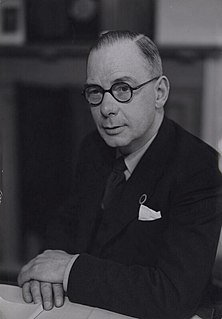A Quote by Ambrose Bierce
WRATH, n. Anger of a superior quality and degree, appropriate to exalted characters and momentous occasions; as, "the wrath of God," "the day of wrath," etc. . . .
Quote Topics
Related Quotes
Wrath, unlike love, is not one of the intrinsic perfections of God. Rather, it is a function of God's holiness against sin. Where there is no sin, there is no wrath-but there will always be love in God. Where God in His holiness confronts His image-bearers in their rebellion, there must be wrath, or God is not the jealous God He claims to be, and His holiness is impugned. The price of diluting God's wrath is diminishing God's holiness.
The Scripture, which tells us not to be angry at all, and which says in the thirty-seventh Psalm, Cease from anger, and forsake wrath, and which commands us by the mouth of Paul to put off all these, anger, wrath, malice, blasphemy, filthy communication, would not involve God in the same passion from which it would have us to be altogether free.
The most violent expression of God's wrath and justice is seen in the Cross. If ever a person had room to complain for injustice, it was Jesus. He was the only innocent man ever to be punished by God. If we stagger at the wrath of God, let us stagger at the Cross. Here is where our astonishment should be focused.
THE POISON TREE I was angry with my friend: I told my wrath, my wrath did end. I was angry with my foe; I told it not, my wrath did grow. And I water'd it in fears, Night & morning with my tears; And I sunned it with my smiles And with soft deceitful wiles. And it grew both day and night, Till it bore an apple bright; And my foe beheld it shine, And he knew that it was mine, And into my garden stole When the night had veil'd the pole: In the morning glad I see My foe outstretch'd beneath the tree.































